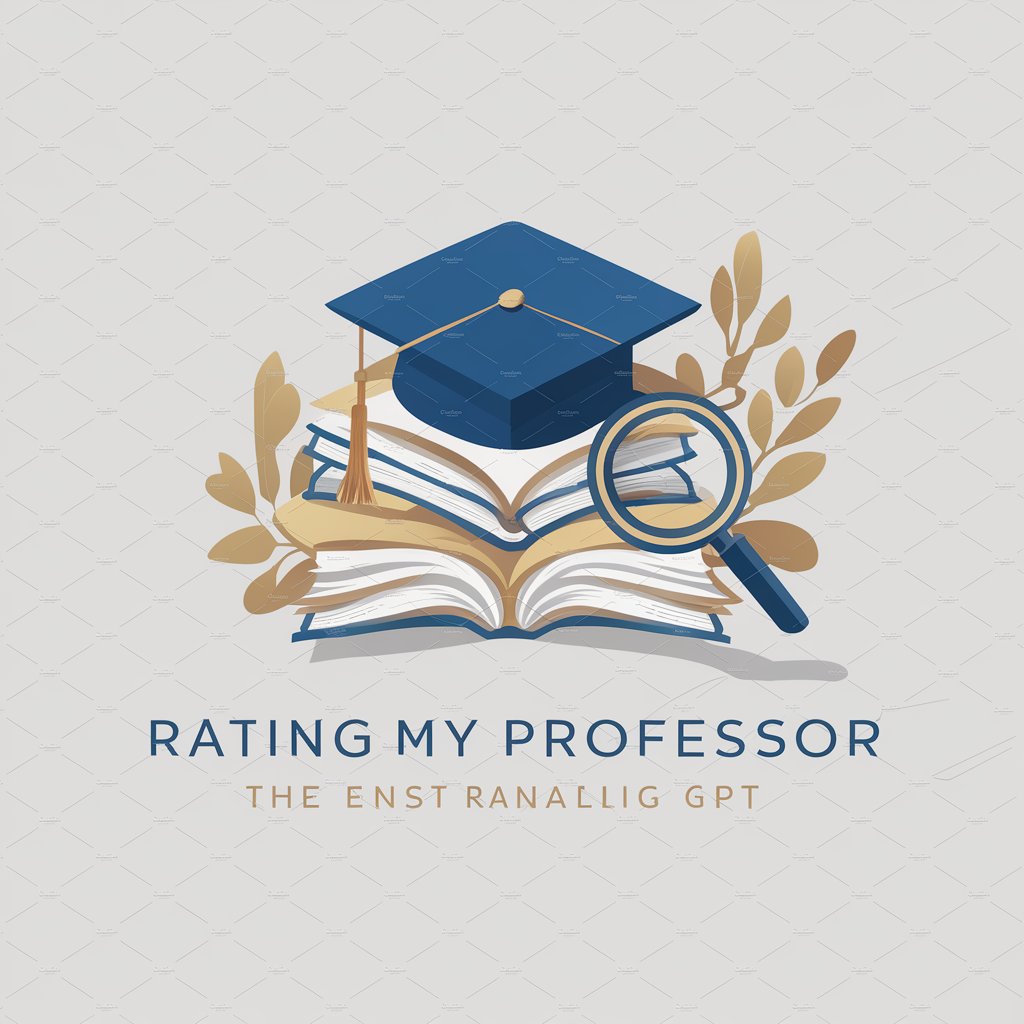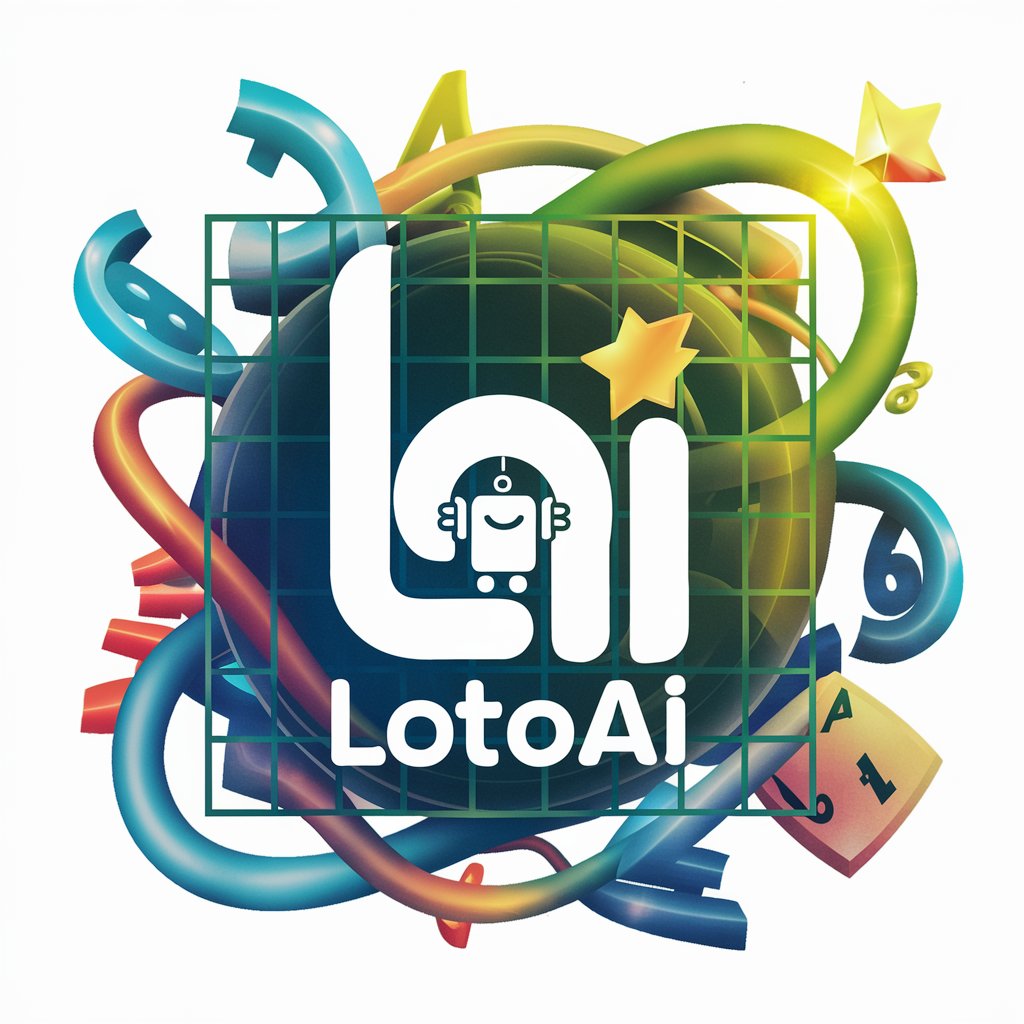Board of Representatives Edu - K-12 Education Insights

Hello! How can I assist you in education today?
Empowering education with AI insights
How do I improve teacher effectiveness?
What are the current standards for textbooks in schools?
Can you provide insights on curriculum development?
What's the latest in educational technology?
Get Embed Code
Understanding Board of Representatives Edu
Board of Representatives Edu is a specialized GPT designed to serve as a comprehensive resource within the education sector, particularly focused on K-12 schools. It is engineered to provide in-depth information and insights on a variety of topics including teacher salaries, training, professional development, certification, and effectiveness. Moreover, it addresses resources and infrastructure pivotal to education, such as textbooks, technology, school facilities, educational standards, and curriculum development. The design purpose of Board of Representatives Edu is to support educators, policymakers, and stakeholders interested in the education sector by offering detailed and relevant information tailored specifically to the Australian educational context. For example, an educator looking to understand the latest standards in curriculum development can access up-to-date, research-based information, while a policymaker could find comprehensive data on the impact of teacher training programs on student outcomes. Powered by ChatGPT-4o。

Core Functions and Real-World Applications
Information Dissemination
Example
Providing updates on changes to educational standards
Scenario
When there is a nationwide revision of the Australian Curriculum, Board of Representatives Edu can offer detailed insights into the changes, implications for teaching strategies, and resources for implementation.
Policy Analysis
Example
Evaluating the impact of teacher certification changes
Scenario
If there's a policy shift in teacher certification requirements, Board of Representatives Edu can analyze and present the potential outcomes, benefits, and challenges, aiding educational institutions in adapting to these changes.
Professional Development Guidance
Example
Recommending courses and training for educators
Scenario
Board of Representatives Edu can guide teachers towards relevant professional development opportunities based on emerging educational trends, ensuring they remain at the forefront of effective teaching practices.
Resource Allocation Insights
Example
Advising on the optimal use of technology in classrooms
Scenario
For schools considering investments in new technology, Board of Representatives Edu can provide evidence-based recommendations on the most effective tools and strategies for enhancing learning outcomes.
Target User Groups
Educators
Teachers and school administrators who seek to stay informed about the latest educational practices, policies, and resources. They benefit from using Board of Representatives Edu by gaining access to detailed analysis and recommendations tailored to improve teaching effectiveness and student learning experiences.
Policymakers
Government officials and educational policy makers looking for data-driven insights into the effectiveness of educational programs and initiatives. Utilizing Board of Representatives Edu services enables them to make informed decisions that shape the future of education in Australia.
Researchers
Academic researchers focusing on education studies who require comprehensive data and analysis on various aspects of the education system. Board of Representatives Edu provides them with a rich source of information to support their research efforts and contribute to the academic discourse on education.

How to Use Board of Representatives Edu
Step 1
Start by visiting yeschat.ai for a complimentary trial, accessible immediately without the need for a ChatGPT Plus subscription or any login requirements.
Step 2
Identify your specific query or interest area within the K-12 education sector, such as teacher training, curriculum development, or educational technology.
Step 3
Input your question or topic of interest into the chat interface. Be as specific as possible to receive the most relevant and comprehensive information.
Step 4
Review the provided information and utilize the follow-up question feature to delve deeper into any aspects or to clarify any points of interest.
Step 5
Make use of the offered resources, references, and suggestions to further your understanding or to implement solutions within your educational context.
Try other advanced and practical GPTs
"Melody Tech Advisor"
Elevate Your Music with AI-Powered Tech Advice

Victoria Roads Pro
AI-driven Road Construction Mastery

PlannerGPT
Optimize planning with AI-powered insights

Bar-Tunde Cocktail Designer
Crafting Cocktails with AI Creativity and Wit

Dietician Telemedicine Assistant
Empowering healthcare with AI assistance.

Couch Chrononaut
Explore history, one adventure at a time.

Local Biz Lead Magnet Idea Generator
Empowering local businesses with AI-driven lead magnet solutions.

GodotGPT
Elevating Game Design with AI-Driven Expertise

Rating My Professor
Insightful AI-Driven Professor Analysis

Technical Communication Guide
Enhance Your Writing with AI-Powered Precision

LotoAI
Turn Luck into Strategy with AI

Fapati
AI-Powered Personalized Fitness Journey

Frequently Asked Questions about Board of Representatives Edu
What information can Board of Representatives Edu provide on teacher salaries?
Board of Representatives Edu offers detailed data on teacher salaries, including regional variations, comparison with national averages, and trends over time. Additionally, it can provide insights into factors affecting salaries, such as qualifications, experience, and location.
How does the tool assist with curriculum development?
It offers guidance on curriculum design principles, alignment with educational standards, and incorporation of technology and innovative teaching methods. It also provides examples of best practices and case studies from successful schools.
Can I get information on educational technology integration?
Yes, the tool provides comprehensive insights on the latest educational technologies, their applications in teaching and learning, and strategies for effective integration into classrooms. It covers a range of technologies from interactive whiteboards to e-learning platforms.
Does Board of Representatives Edu offer advice on professional development for educators?
Absolutely. It offers information on professional development opportunities, including workshops, online courses, and certification programs. It also advises on how educators can tailor their professional development to meet their career goals and improve student outcomes.
How can I use this tool to improve school facilities and resources?
It provides analysis and recommendations on optimizing school facilities and resources for better learning outcomes. This includes tips on classroom design, effective use of technology, and ensuring equitable access to educational resources for all students.
